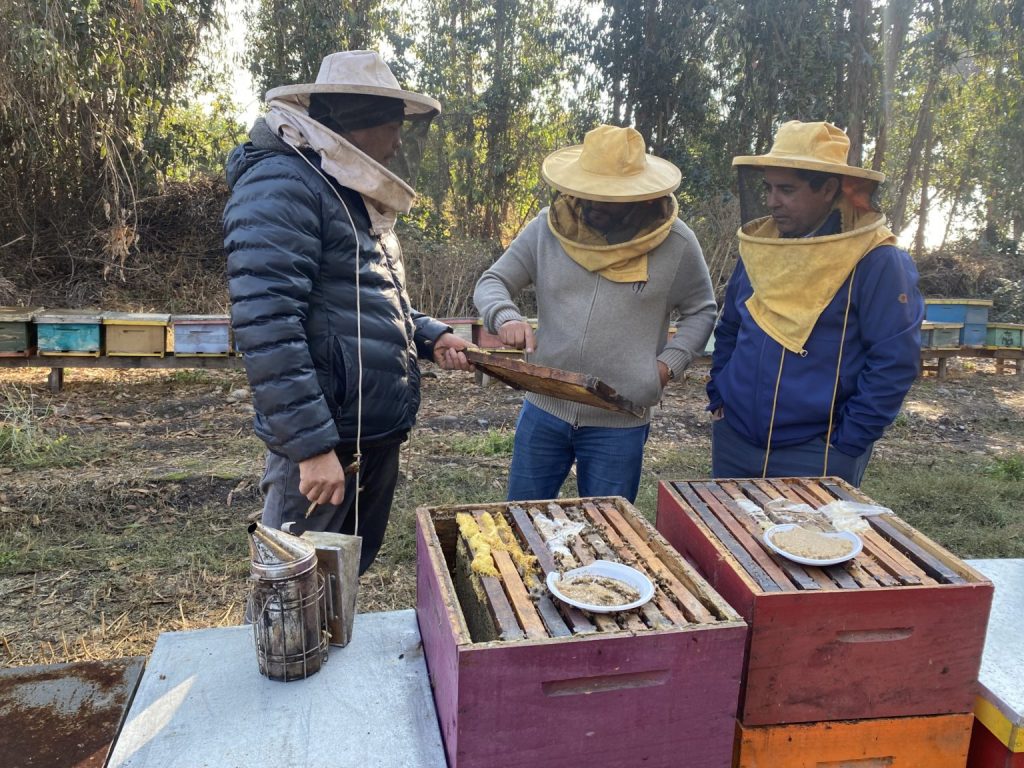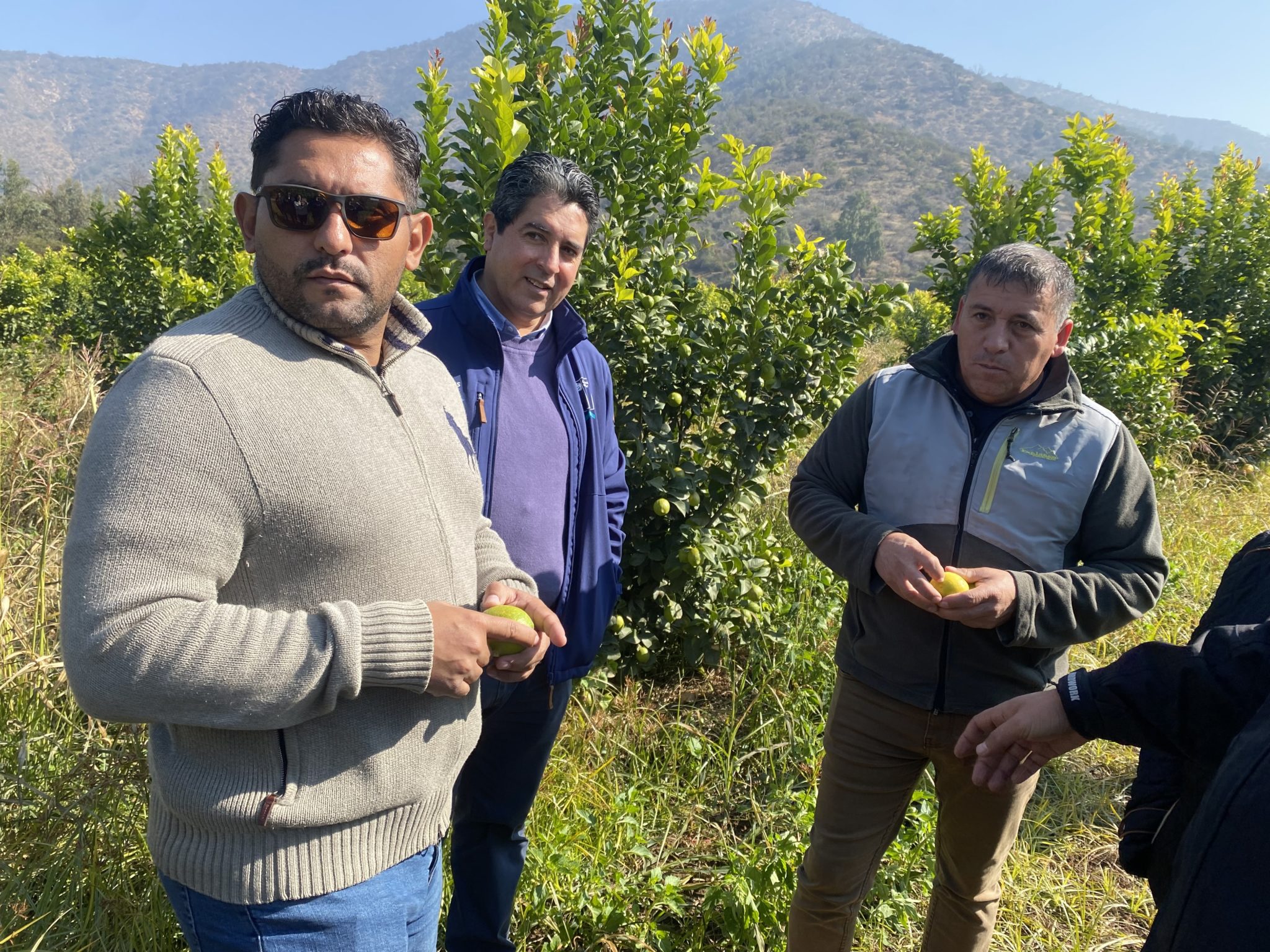How Subsidized Agricultural Insurance Protects Chilean Farmers from Extreme Weather
Climate change has brought numerous challenges to agriculture, including frost, rain, droughts, and hail. These unpredictable weather events pose significant risks to farmers’ investments and production. In Chile, the Ministry of Agriculture, through Agroseguros and INDAP, offers subsidies for agricultural insurance to help farmers protect their livelihoods and ensure food security.
The Role of Agricultural Insurance in Risk Management
Agricultural insurance is a crucial tool for mitigating the risks associated with farming. It provides financial protection against crop losses due to extreme weather events, ensuring that farmers can recover and continue their operations. In Chile, Agroseguros and INDAP offer subsidized insurance policies to support farmers in managing these risks.
Case Studies: Farmers Benefiting from Insurance Subsidies
Gabriel Mateluna and Manuel Moreno, farmers from El Monte in the Metropolitan Region, have benefited from agricultural and apicultural insurance subsidies. These subsidies have helped them safeguard their crops, beehives, and bees against frost and other climatic challenges.
Gabriel Mateluna, who grows cranberry beans, has received compensation multiple times due to the agricultural insurance he purchased with the state subsidy. As he begins his harvest, he ensures to notify the insurance company to activate the coverage in case of any loss. “With the support of Agroseguros and INDAP, I feel protected and reassured,” he says.
Similarly, Manuel Moreno, an apiculturist with nearly 900 beehives spread across six apiaries, always purchases subsidized apicultural insurance. He emphasizes the importance of timely insurance, having experienced significant losses from frost in the past. “Investing in insurance gives me peace of mind. It’s a valuable support that ensures our stability,” Manuel notes.
Government Support and Future Prospects
The Ministry of Agriculture, through Agroseguros, subsidizes agricultural insurance premiums, providing significant financial relief to farmers. These subsidies are crucial for helping farmers cope with the adverse effects of climate change. Deputy Minister of Agriculture Ignacia Fernández highlights that these insurance subsidies contribute to rural development and food security, calling on farmers to take advantage of these protections.
Alberto Niño de Zepeda, the executive director of Agroseguros, underscores that these subsidies are available to all farmers and can cover up to 69% plus 1 UF of the total premium cost. This support extends to agricultural, livestock (sheep, cattle, bees, and camelids), and forestry insurance. Detailed information about current insurance lines, requirements, and coverages is available on the Agroseguros website.
For INDAP beneficiaries, additional subsidies can cover over 95% of the insurance premium, making it highly affordable. Santiago Rojas, the national director of INDAP, emphasizes the importance of this instrument in supporting small and medium-sized farms. “Agroinsurance, complemented by INDAP, is essential in combating climate change,” he states.
Conclusion
Subsidized agricultural insurance is a vital resource for Chilean farmers, providing a safety net against the unpredictable impacts of climate change. By ensuring financial stability and resilience, these insurance policies support the growth and sustainability of the agricultural sector.






